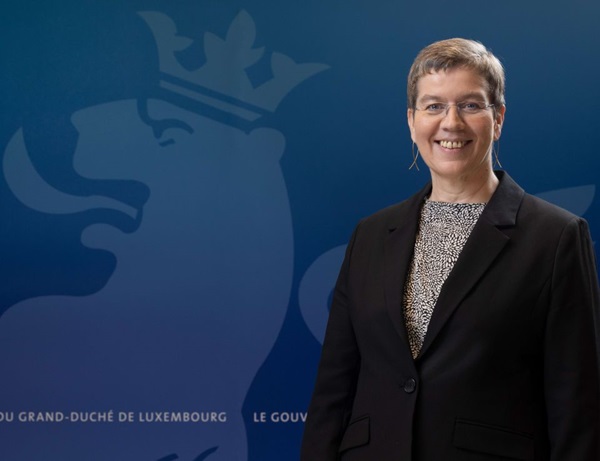 Credit: ©SIP / Claude Piscitelli
Credit: ©SIP / Claude Piscitelli
On Friday 21 June 2024, Martine Deprez, Luxembourg’s Minister of Health and Social Security, participated in the Council of Ministers of Health (EPSCO Santé) in Luxembourg.
A key item on the agenda was the advancement of the fight against tobacco, the ministry noted. A coalition of fifteen Member States, including Luxembourg, called on the European Commission to strengthen the tobacco control efforts set out in the European Beating Cancer Plan. In particular, Member States called for an update of the 2009 Recommendation on smoke-free environments, as well as a revision of Directive 2014/40/EU on the approximation of laws, regulations and administrative provisions relating to the manufacture, presentation and sale of tobacco and related products. Luxembourg stressed that the flooding of the market with new tobacco and vaping products, ever richer in nicotine and targeting young people, is a development that must be taken very seriously. In addition, the industry is sparing no effort to circumvent existing legislation.
"In order to protect and guarantee the health of our youth, Luxembourg joins the call for urgent action at EU level, the only solution to combat this public health scourge," Minister Deprez stressed in her speech.
In the context of a miscellaneous point on the health emergency in the Gaza Strip, Luxembourg announced the reception of two Gazan patients, responding favourably to an evacuation request from the World Health Organization (WHO) addressed to the European Union and its Member States, through the European Union Civil Protection Mechanism.
Ministers also discussed progress in the negotiations on the "pharmaceutical package", consisting of a directive and a regulation aimed at ensuring the safety, efficacy and quality of medicines and encouraging innovation and the development of new medicines to address unmet medical needs. In her speech, the minister recalled the public health mission that also falls to pharmaceutical companies. She spoke in favour of provisions allowing for greater predictability and transparency in the pharmaceutical market, to strike the right balance between public health and competitiveness objectives.
Ministers also adopted Council conclusions on the future of the Health Union, as well as a Council recommendation on vaccine-preventable cancers, the ministry concluded.








